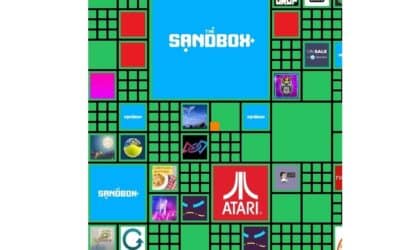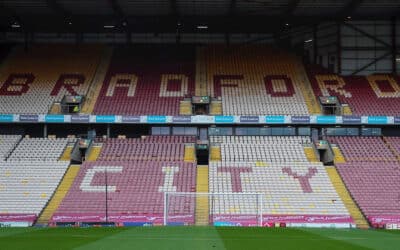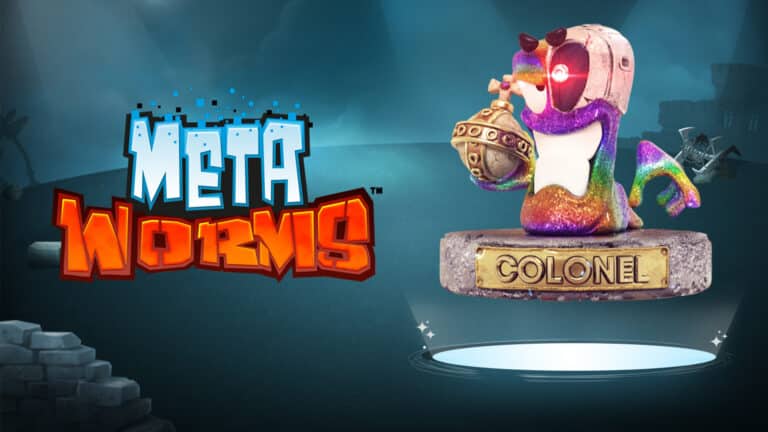Global games publishers have also starting becoming less enthusiastic about their adoption of digital-only art and collectable items.
Last year Electronic Arts said that NFTs were an “important part of the future of our industry.” Yesterday, the publisher admitted that it wasn’t “driving hard” in the direction of NFTs at the moment.
Also on Thursday, Nintendo stated that while it was “interested,” it wasn’t sure “what joy we can provide in this area.”
Gaming platform, Steam, has banned blockchain and NFT games.
One of the criticisms of NFTs is that they often rely upon the blockchain, Ethereum. In 2021, Ethereum’s annual energy consumption was in excess of 100TWh. As a comparison, the UK used 287.58TWh in 2020 (Statista).
However, there is a major sustainable move, with newer companies, like Tezos adopting Proof of Stake (PoS), rather than Proof of Work (PoW) networks. PoS requires fewer computations work to verify transactions and keep cryptocurrency secure, hence its lower energy requirements.
Tezos claims that its annual energy consumption is estimated at 0.001 TWh.
Ethereum Foundation claimed that it would be transitioning to PoS and use “99.95% less energy.”
In a blog post, it said:
“Ethereum’s power-hungry days are numbered, and I hope that’s true for the rest of the industry too.”
Team17
Team17 did acknowledge the environmental impact of releasing limited edition MetaWorms NFTs, which were to encompass content from across the franchise’s 26 year history.
In the initial release, Team17 said it had been “reassured” because of their partnership with Reality Gaming Group.
“The ultra-low energy technology Reality Gaming Group uses, together with their carbon neutral servers, played an essential part of the reassurances we sought before our agreement; we’re very much looking forward to giving Worms fans a chance to own a piece of our history,” said Harley Homewood, Head of Publishing, Team17 Digital at the time.
Reality Gaming Group stated that its Digital Asset Trading Platform, which creates NFTs, online stores and marketplaces is connected to the company’s own “side-chain” of the Ethereum mainnet. This, it says, enables the creation go environmentally friendly NFTs.
It states that the cost of minting 100,000 NFTs on Reality Gaming Group’s sidechain uses the same energy as the average annual kettle usage of 11 households.
The company added that a portion of sale of every NFT would go to Refeed Farms, which uses vertical worm beds to replace synthetic fertilizers and replenish soil.
However, fans and other developers immediately criticised the move, with Playtonic releasing the following:
“We have no interest in utilising NFT’s in any aspect of our business now or in future. Nor do we endorse the use of NFT’s in the wider world.
“In light of this, please be respectful when engaging with staff and community managers unwittingly affected by NFT announcements.”
Fellow developer, Aggro Crab was less subtle:
“We at Aggro Crab condemn Team17’s decision to produce and engage with NFTs.
“We believe NFTs cannot be environmentally friendly, or useful, and really are just an overall f****ing grift.
“Please do not harass employees at Team17 or the devs under their umbrella, as this decision seems to have taken everyone off guard and likely came from the very top.
“Needless to say, we will not be working with them on further titles, and encourage other indie developers to do the same unless this decision is reversed.”
Within hours the decision was indeed reversed.
“We have listened to our teamsters, development partners, and our games’ communities, and the concerns they’ve expressed, and have therefore taken the decision to step back from the NFT space,” wrote Team17 in a statement.
The speed of the move was praised by gamers and developers.











